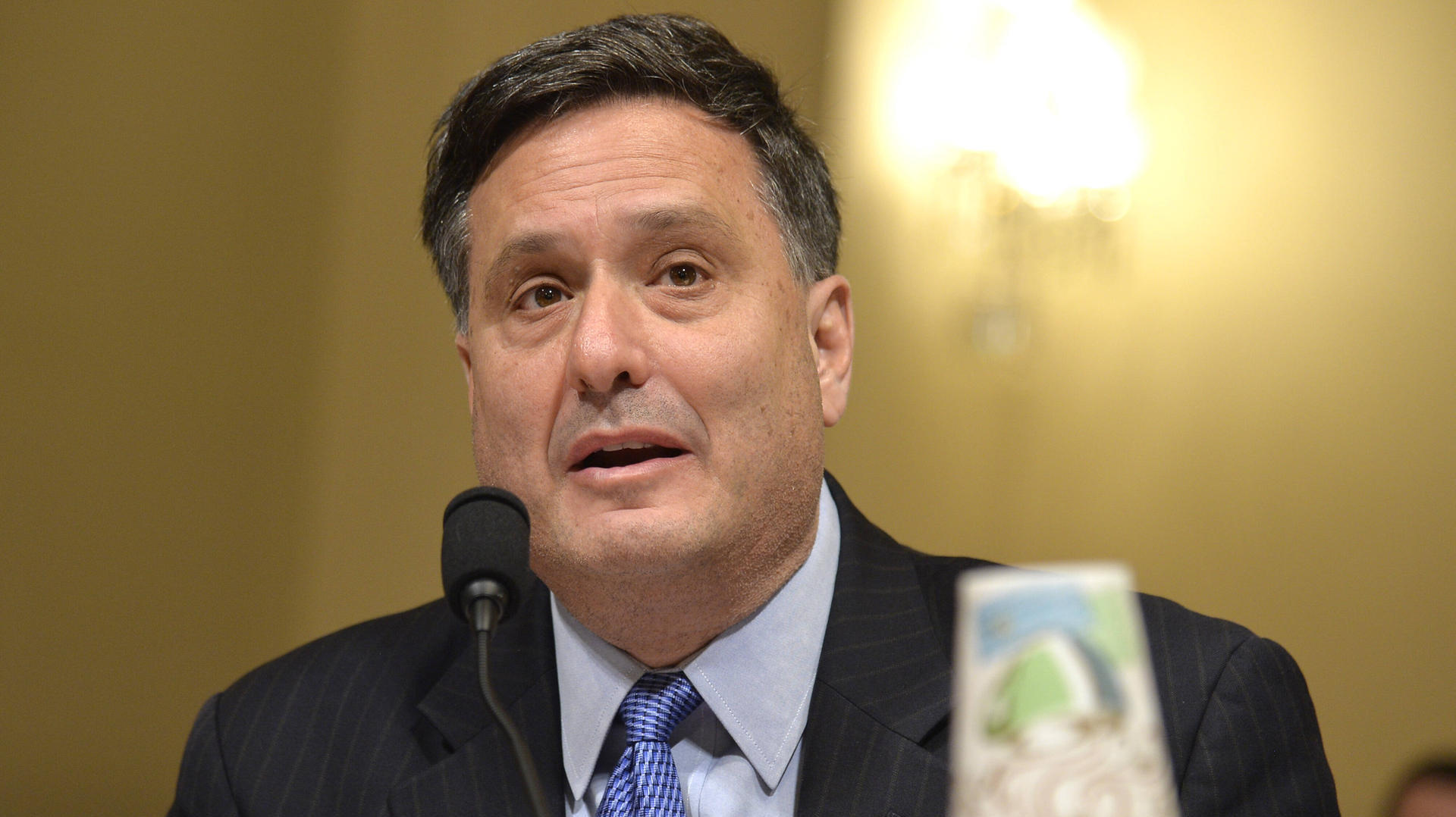The White House denies the prisoner exchange with Iran

Iranian media reports have stated that the United States wants to exchange four prisoners with the state and release the banned accounts. But the White House doesn’t want to know that.
The United States of America He declined a media report about their dealings with Iran Arranged a prisoner exchange. “The report is incorrect,” said Ron Klein, chief of staff at the White House, on Sunday on CBS. The United States will regularly raise the prisoner issue against Iran. And Iranian state television had reported earlier that it had been agreed that the Islamic Republic would release four American citizens accused of spying in their country. In exchange, the United States will release four Iranians and $ 7 billion in Iranian assets.
In addition, state television reported that it had been agreed that Iran would release British-Iranian development aid worker Nazanin Zaghari-Ratcliffe. In return I will Great Britain Pay off 400 million pounds in debt to Iran. A Thomson Reuters Foundation project manager was arrested in 2016 after visiting her parents in southern Iran. The 42-year-old British woman was accused of spying, among other things. After serving a five-year prison sentence, she was convicted again last month for allegedly participating in a demonstration twelve years ago and for giving interviews to the Persian-language version of the BBC, which is banned in Iran.
Great Britain: no new case
The UK government played down the report of their imminent release on Sunday. The British Foreign Office said briefly that “legal discussions are continuing”. The detainees’ family initially had no information that they could be released. “We haven’t heard anything,” her husband, Richard Ratcliffe, told the BBC.
Talks are currently underway in Vienna to revive the nuclear deal with Iran. Great Britain, Iran and the United States of America are also involved indirectly. European diplomats are said to be dissatisfied with the negotiations so far. “We still have a lot to do, but very little time. Against this background, we were hoping for more progress this week,” the high-level diplomatic community said on Saturday. Representatives of Germany, Britain and France said at the end of the third round of negotiations in Vienna that there was no agreement yet on the main points. The aim of the talks is to develop a roadmap under which Washington lifts sanctions on Iran and Tehran limits its nuclear program again.
Negotiators are under time pressure. In Iran, a new president will be elected in June. Pragmatic incumbent Hassan Rohani The business may not continue after two terms of office. An election campaign, a new president, or a new negotiating team after an election may make resolving the nuclear dispute more difficult.

Twitter fan. Beer specialist. Entrepreneur. General pop culture nerd. Music trailblazer. Problem solver. Bacon evangelist. Foodaholic.



